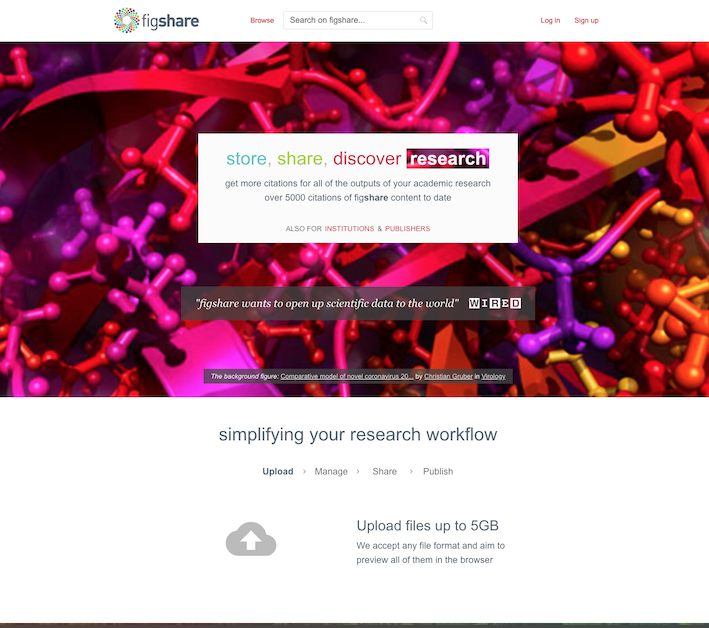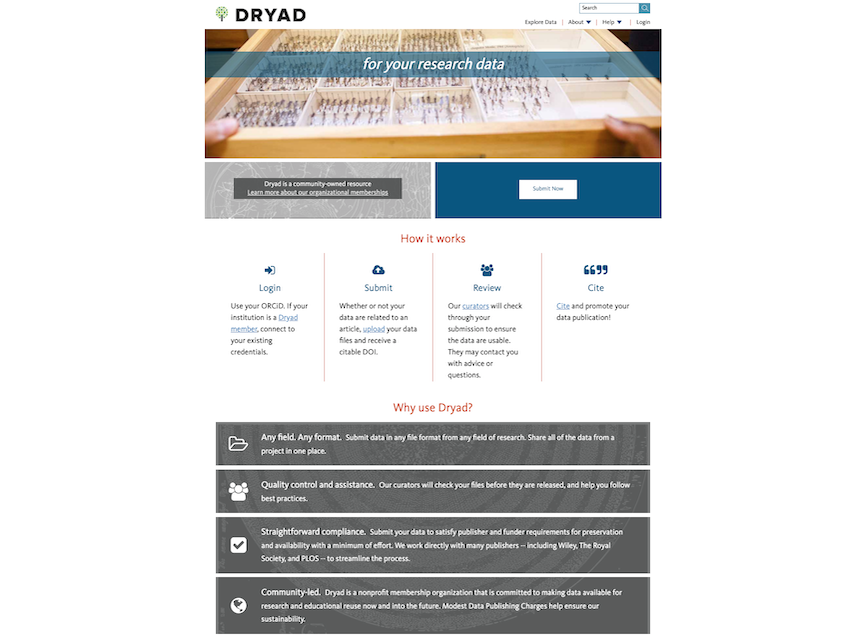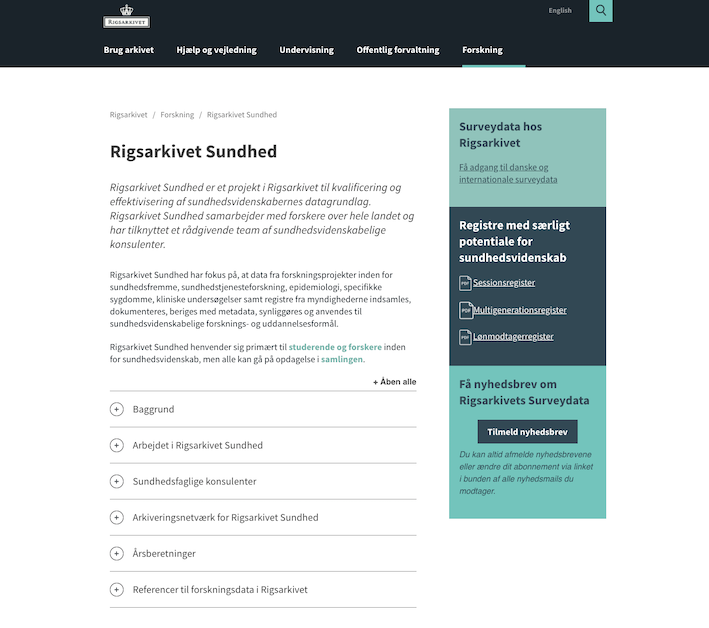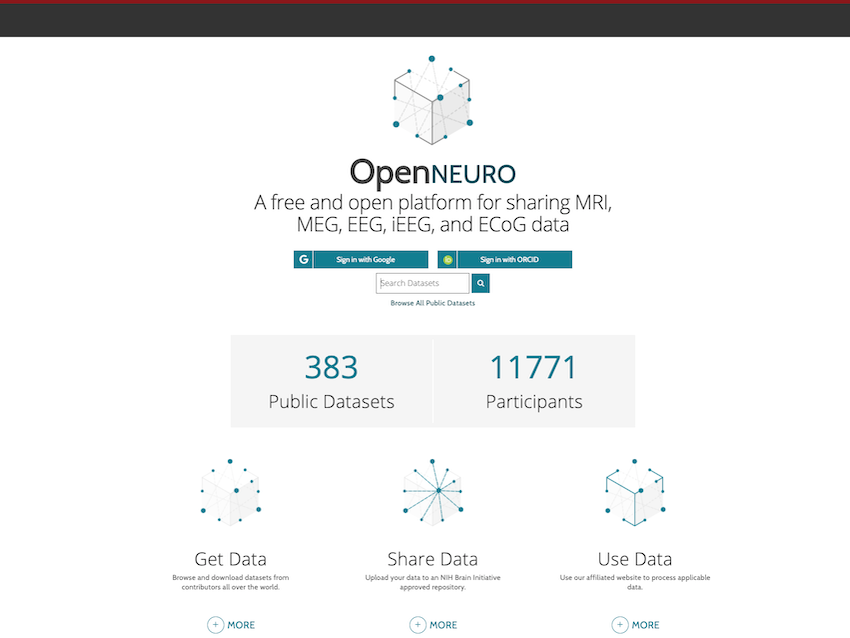Finding and obtaining open datasets
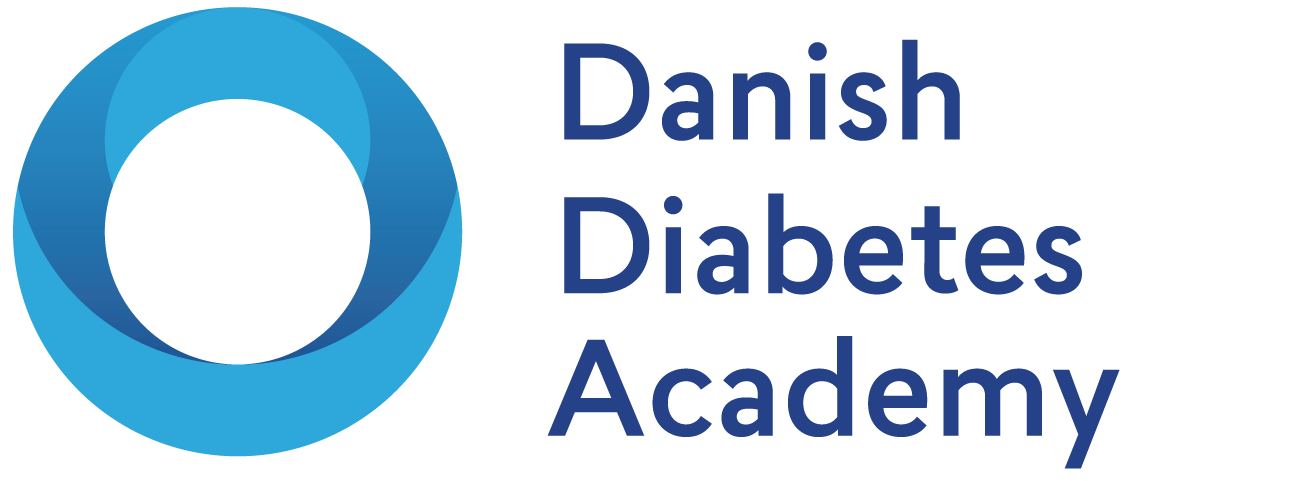
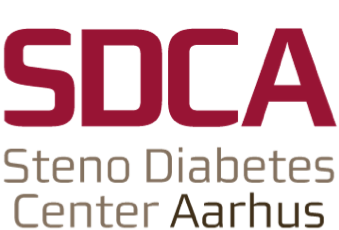

Where is Open Data in the Open Science Universe?
- Open data is only a small part of the open science movement
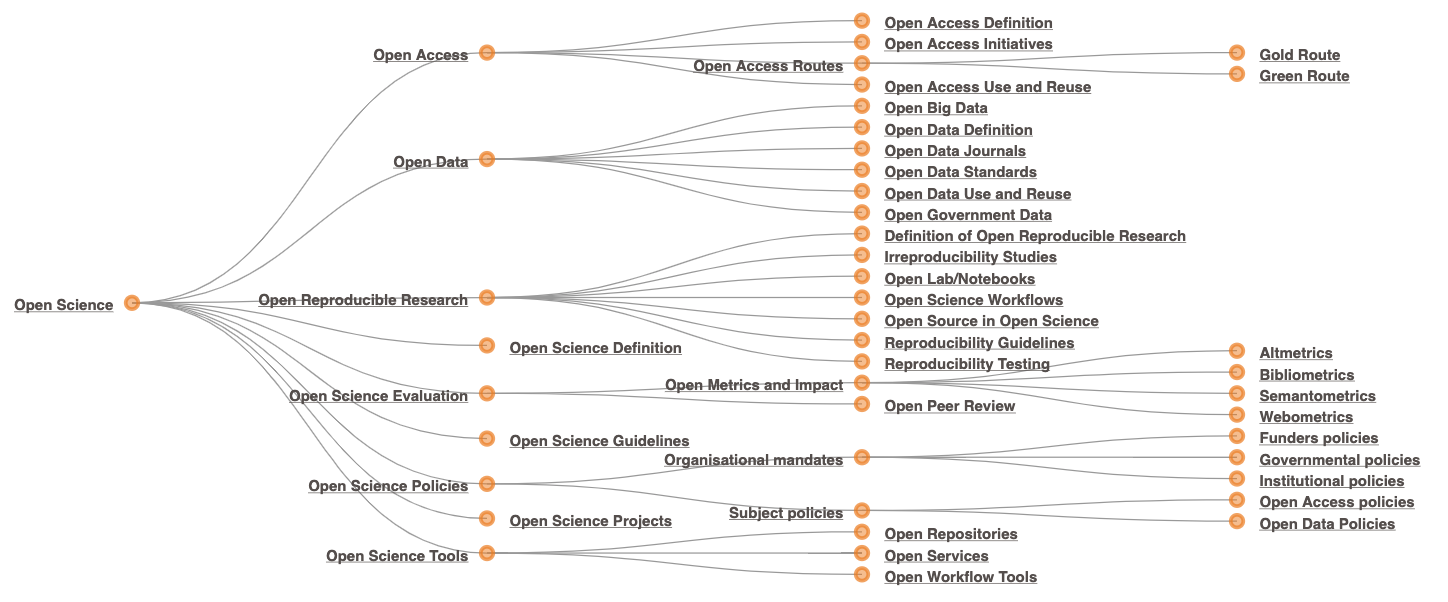
Image source from Foster Open Science (www.fosteropenscience.eu/resources).



Different types of open data
Open data is not only about datasets you can download from the internet
Accessibility is only one part of Openness
[1] Go FAIR Initiative (https://www.go-fair.org/fair-principles/)



Different types of open data
Open data is not only about datasets you can download from the internet
Accessibility is only one part of Openness
Open data should be FAIR[1]:
- Findable
- Accessible
- Interoperable
- Reusable
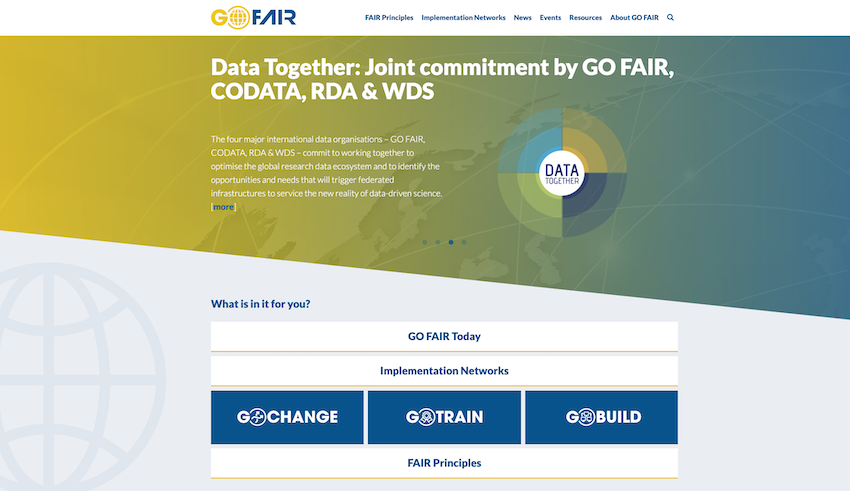
[1] Go FAIR Initiative (https://www.go-fair.org/fair-principles/)



FAIR data[1]
Findable: The first step in (re)using data is to find them. Metadata and data should be easy to find for both humans and computers.
Accessible: Once the user finds the required data, she/he needs to know how can they be accessed, possibly including authentication and authorisation.
Interoperable: The data usually need to interoperate with applications or workflows for analysis, storage, and processing. (Meta)data should use a formal, accessible, shared language or format
Reusable: Data and metadata should be well-described so that they can be replicated and/or combined in different settings.
[1] Go FAIR Initiative (https://www.go-fair.org/fair-principles/)



Finding Open data
- Starting points:
- Data Resources known in your network
- Publication with link to data source / repository
- Search in public repositories



Known data resources
- Wide range of options between fully closed and fully open (FAIR)
- Closed



Known data resources
- Wide range of options between fully closed and fully open (FAIR)
- Closed
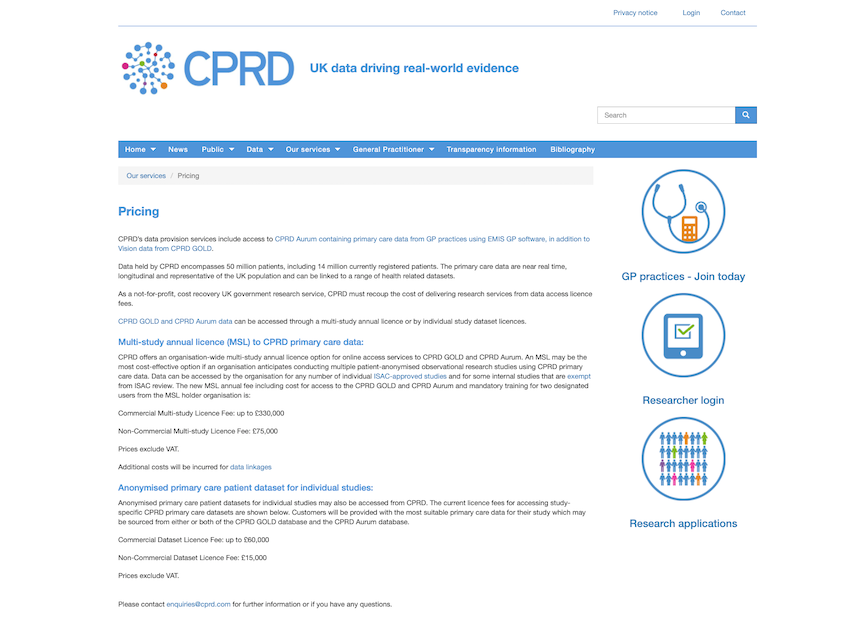
- Commercial / Paid access
- e.g. (CPRD)
- Closed



Known data resources
- Wide range of options between fully closed and fully open (FAIR)
- Closed
- Commercial / Paid access
- e.g. (CPRD)
- Data sharing within a project/collaboration (restricted)



Known data resources
- Wide range of options between fully closed and fully open (FAIR)
- Closed
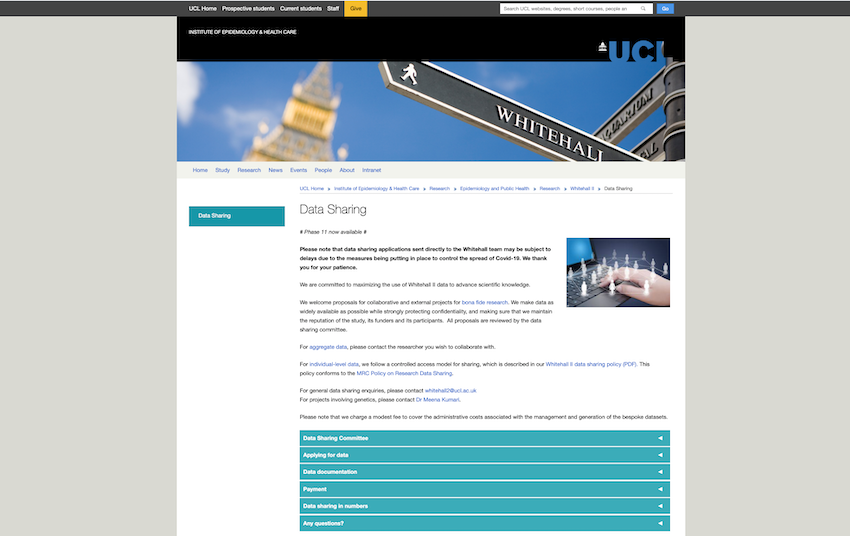
- Commercial / Paid access
- e.g. (CPRD)
- Data sharing within a project/collaboration (restricted)
- Gated Data Sharing (Application + Evaluation of proposal, processing fee)
- e.g. Whitehall II Study (Whitehall II Study)
- Closed



Known data resources
- Wide range of options between fully closed and fully open (FAIR)
- Closed
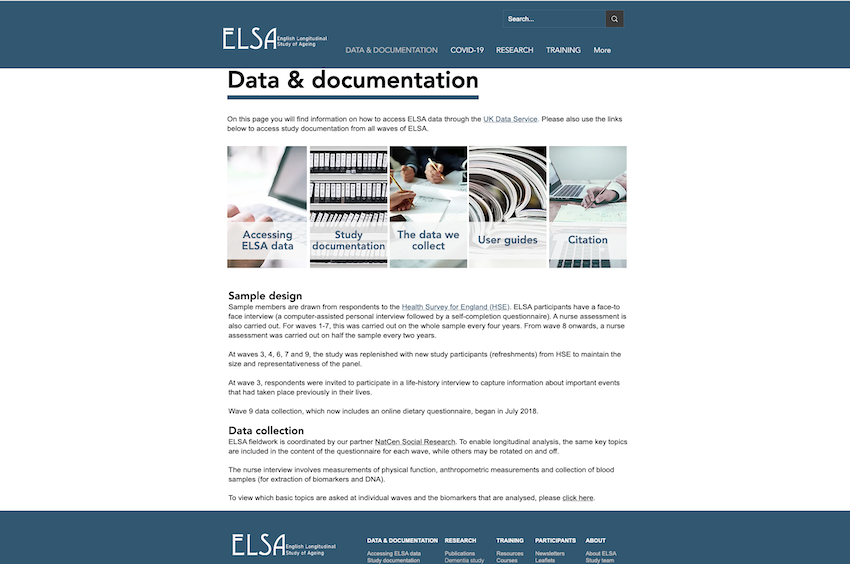
- Commercial / Paid access
- e.g. (CPRD)
- Data sharing within a project/collaboration (restricted)
- Gated Data Sharing (Application + Evaluation of proposal, processing fee)
- e.g. Whitehall II Study (Whitehall II Study)
- Only registration required
- e.g. English Longitudinal Study of Ageing (ELSA) accessible via the (UK Data Service)
- Closed



Known data resources
- Wide range of options between fully closed and fully open (FAIR)
- Closed
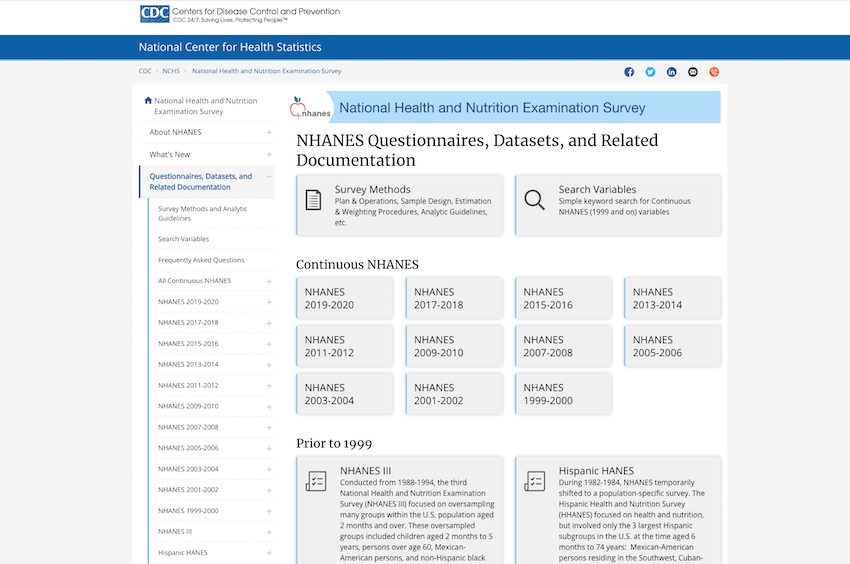
- Commercial / Paid access
- e.g. (CPRD)
- Data sharing within a project/collaboration (restricted)
- Gated Data Sharing (Application + Evaluation of proposal, processing fee)
- e.g. Whitehall II Study (Whitehall II Study)
- Only registration required
- e.g. English Longitudinal Study of Ageing (ELSA) accessible via the (UK Data Service)
- No registration required
- e.g. (NHANES)
- Closed



Finding Open data
- Starting points:
- Data Resource known in your network
- Publication with link to data source / repository
- Search in public repositories



Publications with links to data
Journals increasingly encourage publication of (links to) data
Let's have a look at the PLOS journals:
- Policy requiring researchers to share the data underlying their results or to state why this is not possible
- But: Are authors complying with these requirements? (PLOS Medicine: Diabetes)



Publications with links to data
Journals increasingly encourage publication of (links to) data
Let's have a look at the PLOS journals:
- Policy requiring researchers to share the data underlying their results or to state why this is not possible
- But: Are authors complying with these requirements? (Review by Federer et al)
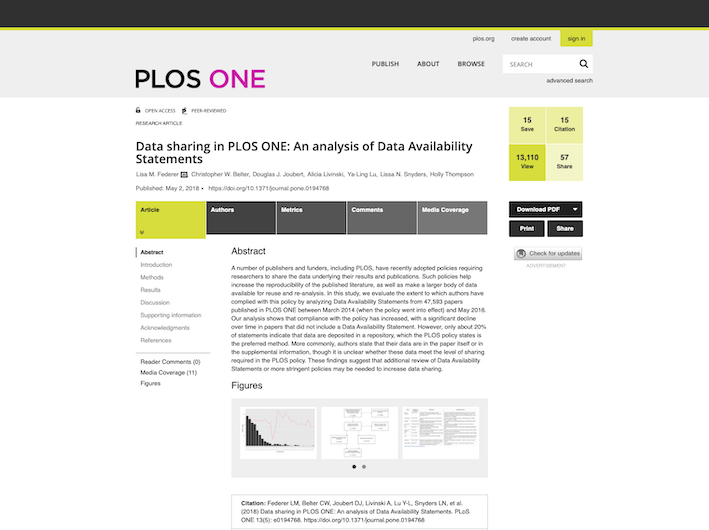



Review of PLOS data statements (Federer 2018)



Finding Open data
- Starting points:
- Data Resource known in your network
- Publication with link to data source / repository
- Search in public repositories



How are you allowed to use data you find?
First important step: know who 'owns' the data and what they allow you to do with it
- Public Domain: There is no owner, you are allowed to use the data in any way
- Data are protected by copyright: but the owner gives you a license to use it in a certain way
Different Open Licenses
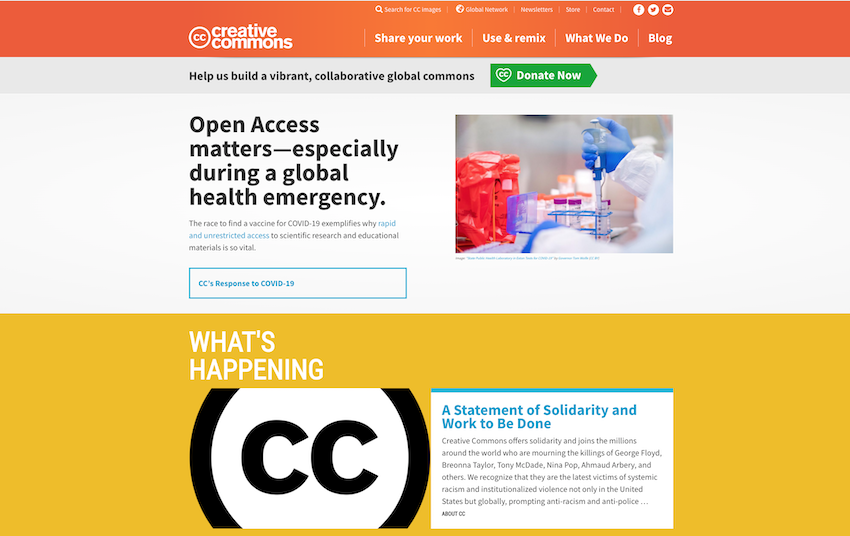
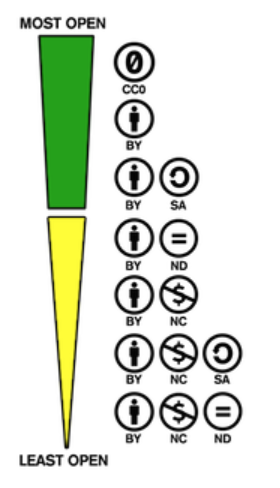



Different Open Licenses
For any type of 'work', including databases:
- Creative Commons:
- CC BY-NC (Attribution-NonCommercial)
- CC BY-ND (Attribution-NoDerivatives)
- CC BY-SA (Attribution-ShareAlike)
- CC-BY (only Attribution required)
- CC0 (= placing something in the public domain)
- Open Data Commons Licenses:
- ODC-By (Attribution required)
- PDDL (= placing a database in the public domain)
Mostly for Open Source Software:
- GNU
- MIT
Finding a suitable license for your data: (Choose a license) or (Creative Commons Chooser)



Summary
- Open Data is only a part of the Open Science Universe
- Open Data should be FAIR (but are often only in part)
- There are many different ways of finding Open Data, none are ideal (yet)
- Be mindful of the licence attached to a dataset



Links and references
General Resources
- Go Fair (International initiative to promote FAIR data)
- Foster Open Science (EU project with general resources on Open Science)
- Open Science Framework (Resources for Open Science)
- Center for Open Science (Resources for Open Science)
Data Repositories
- Dryad (Mostly Manuscript-linked)
- Figshare (Mostly Manuscript-linked)
- European Data Portal (Mostly high aggregation level)
- NIH data repositories (Links to topic specific repositories)
- YODA project (Request access to RCT data)
- Project Datasphere (Cancer Research databases)
- Nature recommended data repositories
- ClinicalStudyDataRequest (Request access to RCT data)



